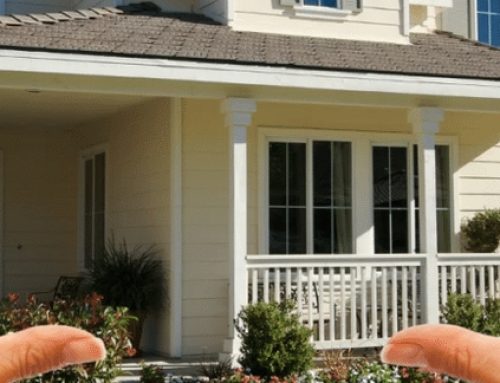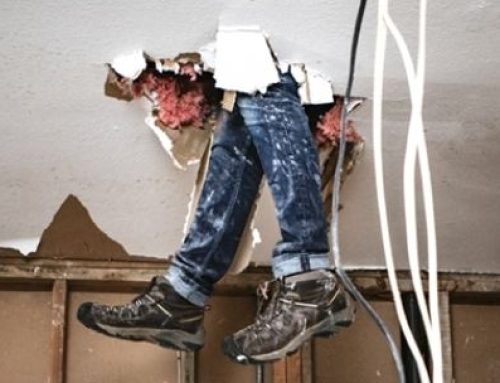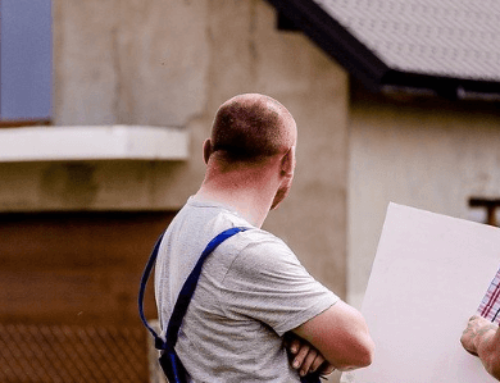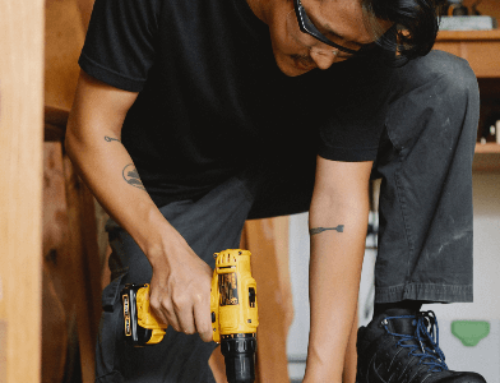So, you want to build your own home. That’s amazing. Truly, you will undergo fewer tasks in life that bring you the same feelings of accomplishment and reward. I applaud your ambition because building your own home is ambitious. Rome wasn’t built in a day, and although your home will likely be significantly smaller, it won’t be either. So I imagine you have a rough idea about the work that goes into building a home, not to mention the time and money. “A lot”, is the right answer. Assuming as much, let’s make sure you do all the right things and leave the house building mistakes to the unfortunate souls who missed out on this article. So without further ado, let’s go through what not to do when building your forever home.
Don’t underestimate building time-frames
If you’re getting someone in to construct your home, ask your chosen building company how many projects their supervisors will be overseeing at any given time. Why? Well, if it’s a large company, building supervisors will often find themselves overworked and expected to oversee dozens of builds at once. So understandably, if their supervisors are being stretched to their limits for time, they won’t be giving their all when it comes to managing the construction of your home. This is your baby, well, your house-baby, and you want the person in charge of overseeing its construction to do an effective and successful job. So find out about the company’s build times beforehand so you can avoid having your 6-month build turn into a 24-month build.
Don’t get under-quoted for site works
The costs of building will be outlined by your chosen builder before you sign any contracts. This will be an estimate and what is usually referred to as a Provisional Sum. Sadly though, like many industries within housing, construction can be cut-throat, so it’s not uncommon to expect some builders to purposely under-quote the site works for your build in order to secure the deal. This then means that after you sign the contract, the actual cost of the project is written up and you all of a sudden get hit with a bill that ends up being thousands of dollars over the original quote. This is obviously something you’re going to want to avoid, so it’s always crucial to request a comprehensive list of the provisional sum before you sign anything. Go through the details and have another professional look it over if you’re unsure. This way you can avoid getting duped from the get-go.
Don’t settle for an average loan
I’m sure you appreciate the value of shopping around for a good deal. You’re unlikely to settle on the first builder that comes your way out of convenience, so take your own advice and look around for the best loan you can find. The fact of the matter is that there are lenders who will offer more cost-effective loans than others might lead you to believe. If you want variety, talk to a mortgage broker as they are going to have a far greater range of loans to offer you than your standard bank. Try your hardest not to get stuck with a crummy loan because there are countless out there just waiting for you.
Don’t get confused by building plans
When you’re trying to decide on a building design for your home, you’ll come across plan after plan after plan. However, not all these plans are created equal. The dimensions of a given floor plan can often be difficult to interpret because areas can be calculated differently to give the perception of more space. When laying out the dimensions of a room, the calculation can be taken from either the edge or the middle of a wall, which may also include or disregard the area under the eaves. So, when you’re doing your research for the perfect floor plan, stay vigilant when making comparisons because one miscalculation could cost you a serious bundle.
Don’t waste your money on expensive fittings
I know you likely have a very clear idea about all the bells and whistles you want within your humble new abode, but don’t be mistaken in thinking that you need to overspend when it comes to decking out your home with extravagant fittings. When it comes to fixtures and fittings, you want to think in terms of necessity because you’ll be needing a lot, and the more expensive you go, the more they will add up. If you’re looking to add value to your property, then consider upgrading elements that will have a visibly conspicuous impact or focus on aspects popular with renters like bathroom and kitchen enhancements.
Don’t forget to research the neighbourhood
You might already have an idea about where you want to live, but have you done your homework? You might be surprised at what you find. When looking for the perfect place to build your home, you’ll want to keep a number of things in mind before making the ultimate decision, and no, the proximity to your favourite ice cream parlour is not a deciding factor. Find yourself some data-specific reports on neighbourhoods that you are interested in and assess their level of growth and development, median rental costs, trending popularity, schools, transportation, etc. All the good things that you want in a community that you plan on settling down in, and then perhaps selling on to someone else in the future.
Don’t fall in love with an investment home
Just because you’re building an investment property doesn’t mean you need to get emotionally invested. On the contrary, you want to remain as impartial as possible and treat it as you might a business venture. Put your money where you have the highest chance of getting a good return on investment and again, don’t overspend in areas that are unlikely to add any value to your property. Keep things platonic and try not to develop feelings for a home that you will inevitably part ways with in the end.
Don’t make changes to existing designs
If you come across a house plan that you think is almost perfect but think you could improve it by making a few simple changes, don’t. It might seem like a clever way to go about designing the ideal home, but it will end up costing you big time. This will ultimately result in costing you a premium to amend a pre-existing home design with a tweak here and there. It’s going to be far cheaper to just keep on looking for the perfect plan, or at least one that might be open to very minor changes. All in all though, your best bet is to dig through the dirt until you find yourself that design gem.
Hopefully you can now say that you’re a little more prepared to build your home and know what to avoid doing to make your life easier. Building a house is non easy feat, and you’ll likely come cross hurdles you never expected, but it’s all part of the excitement. Embrace the adventure and just think about how incredible you’ll feel once you’ve manifested a home for life.
These were all the things you want to avoid doing when building a home, but if you want to know all the things you SHOULD be doing, have a read of our Glorious Guide to Building Your First Home!







Leave A Comment